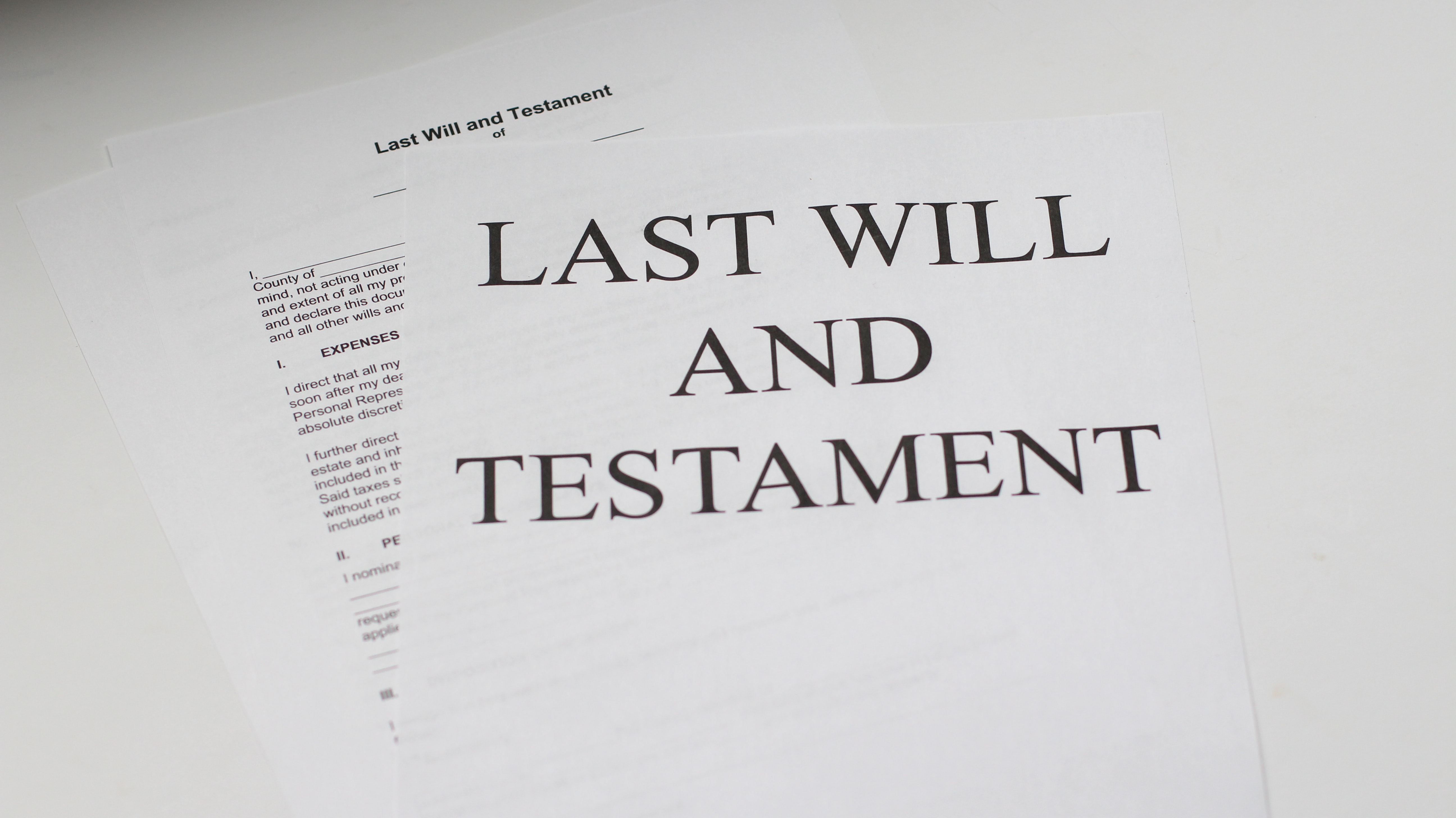What Is Contentious Probate?

The number of contentious probate claims has increased dramatically over the last couple of decades, and this increase is attributed to:
- Our society is getting wealthier, so it is more worthwhile for disappointed people to fight for what they feel they are entitled to.
- More people are making “DIY wills” where no professional advice has been sought, which means there is no independent evidence available to support whether the will is valid.
- Divorce and remarriage with children from former relationships and people living together as cohabitees and not necessarily marrying means that family structures are more unconventional.
- People are more aware of their legal rights and likely to be minded to take legal action.
- The subject of wills being contested regularly being in the media and in some high-profile celebrity cases.
Contentious probate is a term to describe a dispute relating to a person’s estate after their death.
What are the most common claims?
- That the will is not valid
Wills can be challenged on various grounds, including that the person who made the will lacked mental capacity or did not know or approve the contents of their will, perhaps because of the influence or involvement of another person.
Wills can also be challenged if forgery or fraud is suspected.
Simply because a will appears to be unfair, or because you may not like the terms of the will are not grounds for challenge.
In English law, a person is free to leave their estate to whomever they wish, providing they have the required capacity to make that decision, it is recorded correctly in their will, and they are acting of their own free will and volition.
- For ‘further provision’ from a person’s estate – this is where a person feels they should have been provided for, usually by a spouse or parent.
If the will is valid, but someone, (usually a family member), feels it does not make ‘reasonable financial provision’ for them when it should do, a claim can be brought under the Inheritance (Provision for Family and Dependants) Act 1975 for a more generous settlement from their estate. If there is no will and the intestacy rules do not treat someone fairly then a claim can also be made.
To claim, a person must show a genuine financial need and/or evidence that the deceased person financially maintained them during their lifetime.
- Other types of claims which are contentious probate claims are:
- To interpret or clarify a will’s meaning, where there is uncertainty, or it is not clear
- To rectify a will where there is a mistake in the will’s content
- To keep a deceased’s promise, which has not reflected in their will. These claims are very common in farming families where a person has worked on the farm for their lifetime under the promise it would be passed wholly or partly to them.
- About whether ‘lifetime gifts’ made before death are valid.
- Concerning the correct ownership of a property.
- Disputes between executors and/or executors and beneficiaries regarding their conduct in dealing with the estate after the person’s death.
- Claims against professional advisers because of defects in drafting a will and/or estate administration.
- There are also more particular types of disputes regarding
- Death bed gifts,
- Presumption of Death Act applications,
- Relief from forfeiture applications
- Disputes regarding the ownership and disposal of ashes.




